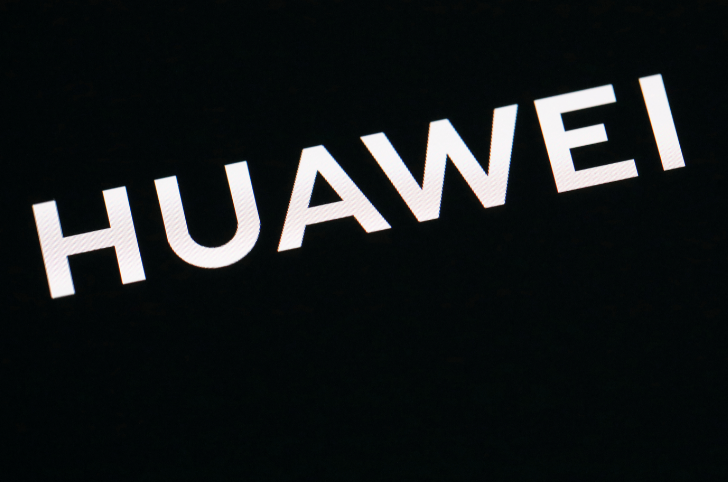The Trump administration extended the Temporary General Licenses by 90 days of the Chinese firm Huawei, the world's largest telecommunications company, on Monday enabling provincial telecom providers to keep working with Huawei Technologies Co. notwithstanding national-security-related restrictions imposed half a year ago.
Huawei has been generally cut off from working with US companies after it was added to its export blacklist earlier in 2019.
Only under 1% of hardware utilized by US telecom networks is Huawei hardware and a portion of this made its way into America's rural cellphone carriers.
The US Commerce Department has added almost three months to Huawei's license keeping the same business relations between Huawei and the rural telecommunications providers that have the company's equipment.
The extension of the permit, which was to end on Monday, forestalls raising new limitations on Huawei's business during this critical period for US-China negotiators who are attempting to work out a trade agreement between the two biggest economies.
The US' move on Monday is the second time its Commerce Department have extended the permit.
A few administrators and national-security specialists say that equipment from the Shenzhen-based company could empower Beijing to spy on Americans.
Huawei has contested these accusations.
Commerce Secretary Wilbur Ross said that the Department will keep on thoroughly screening "sensitive technology exports."
He pointed out that the Temporary General License extension will let carriers continue to "service customers in some of the most remote areas" of the country "who would otherwise be left in the dark."
Ross also said that 130 applications from companies wanting to sell to Huawei without the Temporary General License are getting reviewed.
In May, US Commerce officials put Huawei on an export blacklist-a move that has cut the company off from some US chip makers and different businesses that sold $11 billion of parts to the Chinese giant in 2018.
Because of this blacklisting, issues got brought up whether US customers using Huawei equipment could get service and support or even speak with the company.
This is when the US Commerce authorities first issued a license that enabled exchanges to continue between a select few US suppliers selling parts to Huawei and its division that works with rural carriers.
Amid the non-stop national-security concerns, rural carriers face the possibility of replacing Huawei's equipment.
A trade group for the rural carriers has assessed that it may cost $800 million to $1 billion for them to supplant Huawei hardware from their wireless networks.
A bill in Congress that will pay for a portion of this cost hasn't been passed yet.






